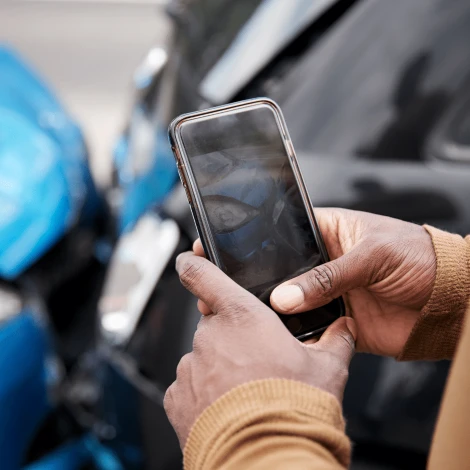
In the digital age, social media has become embedded in our everyday lives. In fact, over 5 billion people across the world are active social media users. As its popularity increases by the day, how does it intersect with legal proceedings?
In Largent v. Reed, a 2011 personal injury case in Pennsylvania, social media was a determining factor in the case’s verdict.
The plaintiff initiated the lawsuit on the claim that a car accident had left her in extreme physical and mental pain. However, the defendant used the plaintiff’s own Facebook posts as evidence to the contrary. The posts featured the plaintiff living her life seemingly normal and happily, and even going to the gym. The posts clearly contradicted the plaintiff’s claims of pain and suffering.
The case has since become a prime example of the weight that social media posts hold in a courtroom. It is regarded as one of the first cases that established social media postings as valid evidence in a court of law.
What Counts As Evidence?
Social media can be a goldmine of evidence in a personal injury case. All of the following social media content can be subject to scrutiny in court:
- Photos
- Videos
- Comments
- Interactions
As apparent in Largent v. Reed, even unrelated content you post can be gathered—and used against you—as evidence.
The same rule applies for private messages exchanged regarding the accident. If the messages are relevant to the case, they can be required to be submitted to the court.
During the discovery process, investigating parties can actually subpoena social media profile access, as well as other forms of communication. Since Georgia is a “one-party consent” state, call records and call logs can be obtained for use in legal proceedings. Contrary to popular belief, they are not protected under the Stored Communications Act when it comes to litigation.
Can I Post About My Accident?
To be safe, never assume that you are protected by privacy rights when it comes to online interactions and posts. Even seemingly harmless posts have the potential to be used against you.
Posting about your accident, pictures of your accident, or commenting about your accident can come with repercussions. According to Forbes, social media activity can be legally obtained and admitted as evidence.
When dealing with your own personal injury lawsuit, Jones & Swanson encourages you to stay aware of what you’re sharing online. Stay safe!
JONES & SWANSON IS AN AWARD-WINNING PERSONAL INJURY LAW FIRM LOCATED IN MARIETTA. IF YOU HAVE BEEN INJURED IN A CAR ACCIDENT, MOTORCYCLE ACCIDENT, PEDESTRIAN INCIDENT, OR MORE, CONTACT US ON AWJLAW.COM OR GIVE US A CALL FOR A FREE CONSULTATION.










